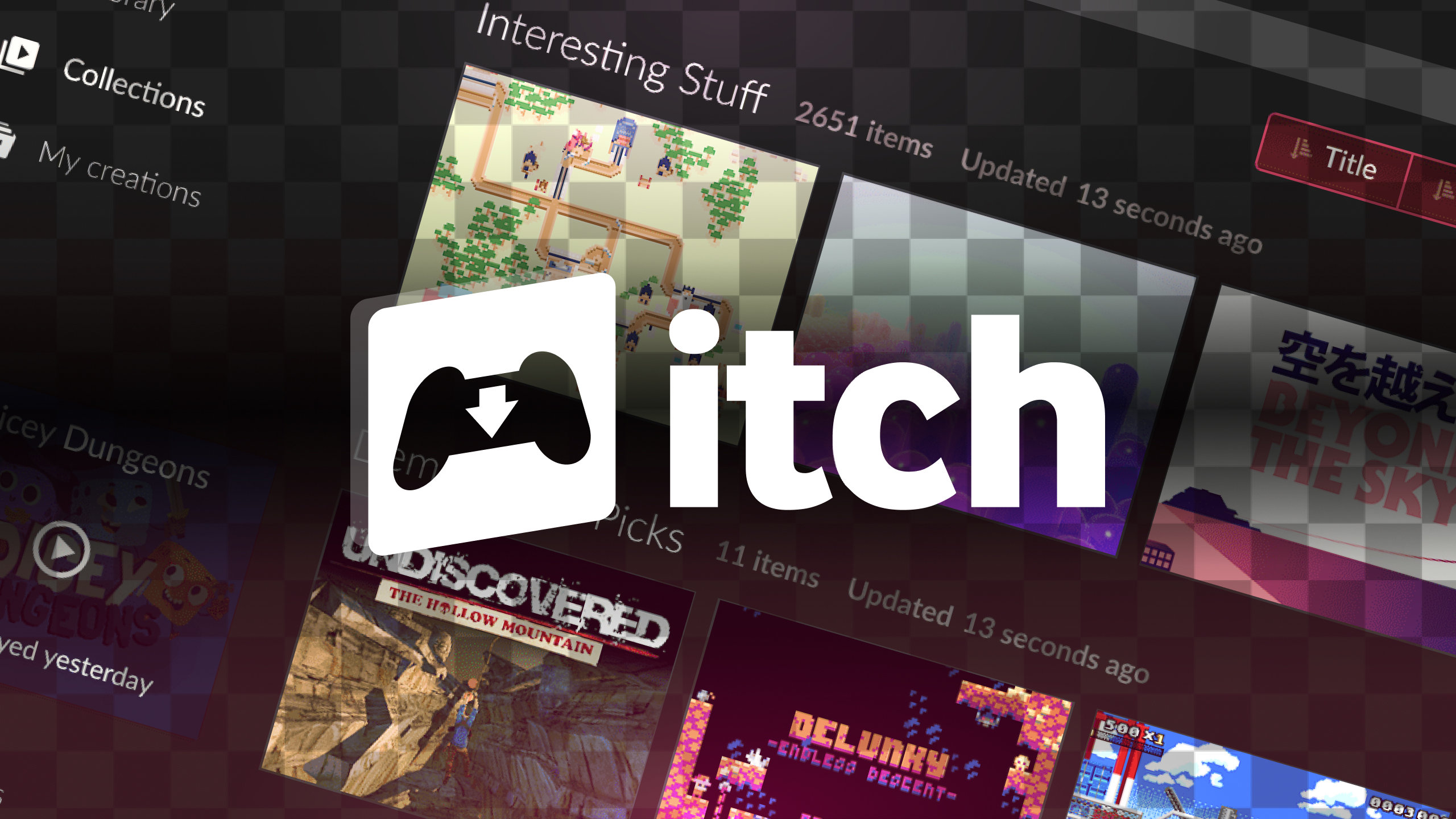The recent purges of adult content from platforms like Itch.io and Steam have sent shockwaves through the indie development scene. Entire catalogs of NSFW games were quietly delisted or removed without warning, mostly due to pressure from payment processors like Visa and Mastercard. And let’s be honest — it wasn’t the platforms themselves that suddenly found these games unacceptable. It was the financial middlemen, afraid of headlines and image risk, who forced their hand.
These processors have no business controlling creative expression. They’re not content reviewers. They’re not lawmakers. They’re not parental guides. Yet somehow, they’re dictating what stories developers can tell and what adult audiences are allowed to play.
The Real Impact: Censorship Disguised as Policy
Developers were given no prior notice, no appeals, and no pathway to compliance. Thousands of adult games — including ones exploring themes of intimacy, trauma, or identity — vanished from storefronts overnight. The blanket de-indexing didn’t just target overt pornography. Even mature, thought-provoking titles with nudity or sexual themes got caught in the crossfire.
This sets a dangerous precedent. It means a corporate payment provider can now unilaterally silence creators based on moral panic or the optics of third-party media campaigns. And let’s not kid ourselves — most of this outrage is performative. The moment someone flashes a bit of animated skin in a game, some watchdog group sounds the alarm, and the piggybank holders run for cover.
Games Need Rules — Not Chains
No one is saying that adult games should be a lawless free-for-all. Of course there should be rules — about age verification, about explicit consent in themes, and about proper labeling of mature content. But the current wave of censorship isn’t about building better safeguards. It’s about sweeping the content under the rug, pretending it doesn’t exist.
That kind of overcorrection doesn’t protect anyone. If anything, it drives curious minds — especially younger ones — to the darker corners of the internet where content is truly unregulated. We’ve seen this happen before with poorly executed laws like the Safety Children Act, which assumes slapping an age check on a website will somehow protect kids. It doesn’t. Kids bypass those gates. Or worse — they discover the “forbidden” stuff in far less controlled, much riskier spaces.
Killing an Industry, Not a Threat
There’s a thriving ecosystem of games that use adult themes not just for titillation, but for meaningful storytelling. These creators aren’t harming anyone. They’re building experiences for a consenting adult audience. But with storefronts scared into silence and payment processors acting like content police, those creators are now losing platforms, income, and visibility.
And let’s be real: these financial companies aren’t doing this out of principle. They’re afraid of losing a fraction of revenue over bad PR, but they’re perfectly fine with taking a cut of that same content’s profits — as long as no one notices.
This double standard needs to stop.
The Bottom Line
Adult games aren’t the enemy. Overreaching censorship is. And when we allow financial institutions to define what’s acceptable in media, we’re no longer protecting people — we’re silencing voices.
It’s time to fight back against this quiet erosion of creative freedom. Not with lawlessness, but with reason. With proper content tagging, developer accountability, and smarter regulation that protects children without nuking an entire industry.
Because if these purges continue, the people who suffer won’t be the watchdog groups or the processors — it’ll be the independent creators, the adult audiences, and the very freedom of expression gaming once stood for.









